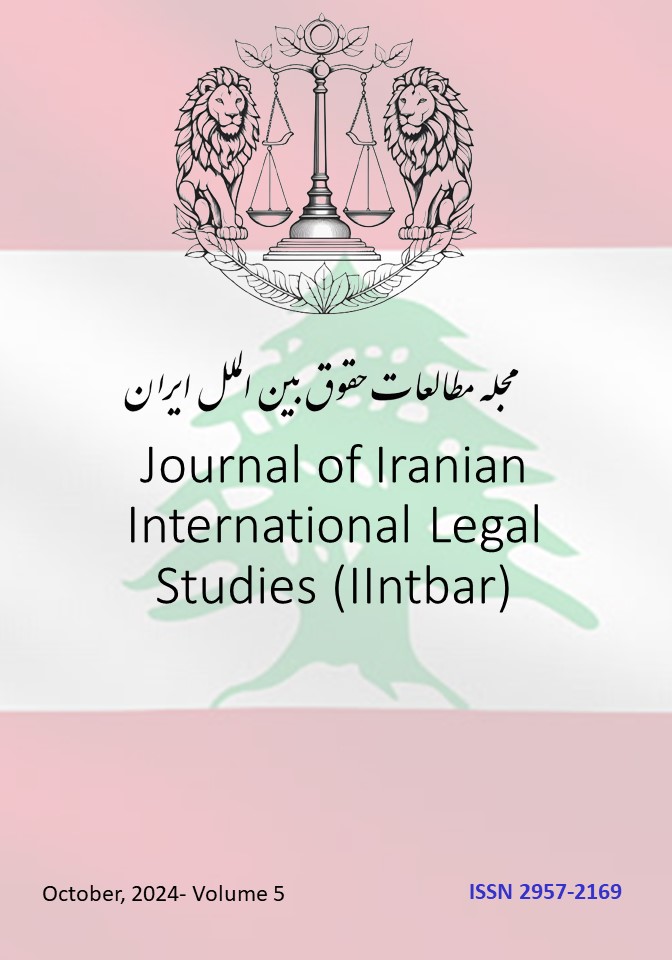Amirali R. Davoudpour
Iranian Canon of Medicine and Law, Administrative Wing of Law and Healing Association, Iranian Watchdog of Medicine and Law, Tehran-Iran
Email of the corresponding author: davoudpour@canmedlaw.org
Accepted and published November, 2024; DOI: https://doi.org/10.5281/zenodo.14054079
This article is published under CC BY 4.0 creative common license that Allows others to distribute, remix, adapt, and build upon the work, even commercially, as long as they credit the original creator.
Abstract
The notion of heaven and hell has long been a subject of theological and philosophical discourse across cultures. In particular, the concept of Samsara, the eternal cycle of birth, death, and rebirth, presents a unique lens through which the notion of human suffering and the pursuit of enlightenment can be understood. This paper explores the hypothesis that human beings, caught in cycles of ignorance and error, often fail to learn from their mistakes, leading to recurring patterns of suffering. Drawing from Buddhist teachings and other philosophical traditions, the paper argues that the human condition, as exemplified by the tragic history of the Jewish people and their pursuit of a “Promised Land,” serves as an illustration of the cycle of Samsara. The ultimate realization of the truth, however, requires breaking free from these cycles of ignorance and delusion.
Keywords: Eutopia, Jannah, Behesht, Paradise, Promised land, Israel-Palestine

